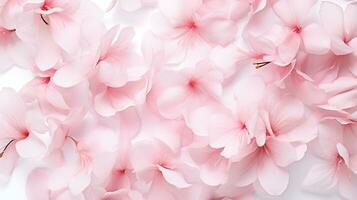
12 Foods to Avoid for Urinary Incontinence
Urinary incontinence can be a challenging condition that affects many individuals, impacting their daily lives and overall well-being. While various treatment options are available, dietary choices can also play a significant role in managing symptoms. Here are 12 foods to avoid if you are experiencing urinary incontinence:
1. Caffeine
Caffeine is a known diuretic, meaning it can increase urine production and lead to more frequent bathroom visits. Common sources include coffee, tea, soda, and energy drinks. Reducing your caffeine intake may help alleviate symptoms.
2. Alcohol
Like caffeine, alcohol can irritate the bladder and increase urgency and frequency of urination. Limiting alcohol consumption may improve your control over your bladder.
3. Spicy Foods
Spicy foods can irritate the bladder lining, potentially triggering urgency and discomfort. If you notice that spicy dishes worsen your symptoms, consider reducing or eliminating them from your diet.
4. Artificial Sweeteners
Some studies suggest that artificial sweeteners, found in diet sodas and sugar-free products, may irritate the bladder. Opting for natural sweeteners or reducing overall sweetness can be beneficial.
5. Citrus Fruits
Fruits like oranges, lemons, and grapefruits can be acidic and may irritate the bladder. While they are healthy choices, you might want to limit their consumption if you experience urinary incontinence.
6. Tomato Products
Tomatoes and tomato-based products, such as sauces and ketchup, can also be acidic. If you find that they aggravate your symptoms, consider replacing them with milder alternatives.
7. Carbonated Beverages
The bubbles in carbonated drinks can cause bladder irritation, potentially leading to increased urgency and discomfort. It may be helpful to avoid sodas and sparkling water.
8. Chocolate
Chocolate contains both caffeine and theobromine, which can irritate the bladder. If you enjoy chocolate, consider limiting your intake to see if it affects your symptoms.
9. Dairy Products
Some individuals may find that dairy products, particularly full-fat options, can worsen urinary incontinence symptoms. If you suspect dairy is a trigger for you, try switching to lactose-free or plant-based alternatives.
10. Processed Foods
Processed foods are often high in preservatives and additives, which can irritate the bladder. Opting for whole, unprocessed foods may help reduce your symptoms.
11. Nuts
Certain nuts, particularly those that are roasted and salted, can cause bladder irritation in some individuals. If you enjoy nuts as a snack, consider unsalted and raw varieties.
12. Sugar
High sugar intake can lead to weight gain, which may exacerbate urinary incontinence. Reducing added sugars in your diet may improve your overall health and bladder control.
Conclusion
Managing urinary incontinence often involves a combination of lifestyle changes, including dietary adjustments. By avoiding these 12 foods, you may find relief from symptoms and improve your quality of life.
For more information about urinary incontinence and potential treatment options, please contact our clinic to schedule an appointment with Dr. Sharon Li at 07 3219 6868.